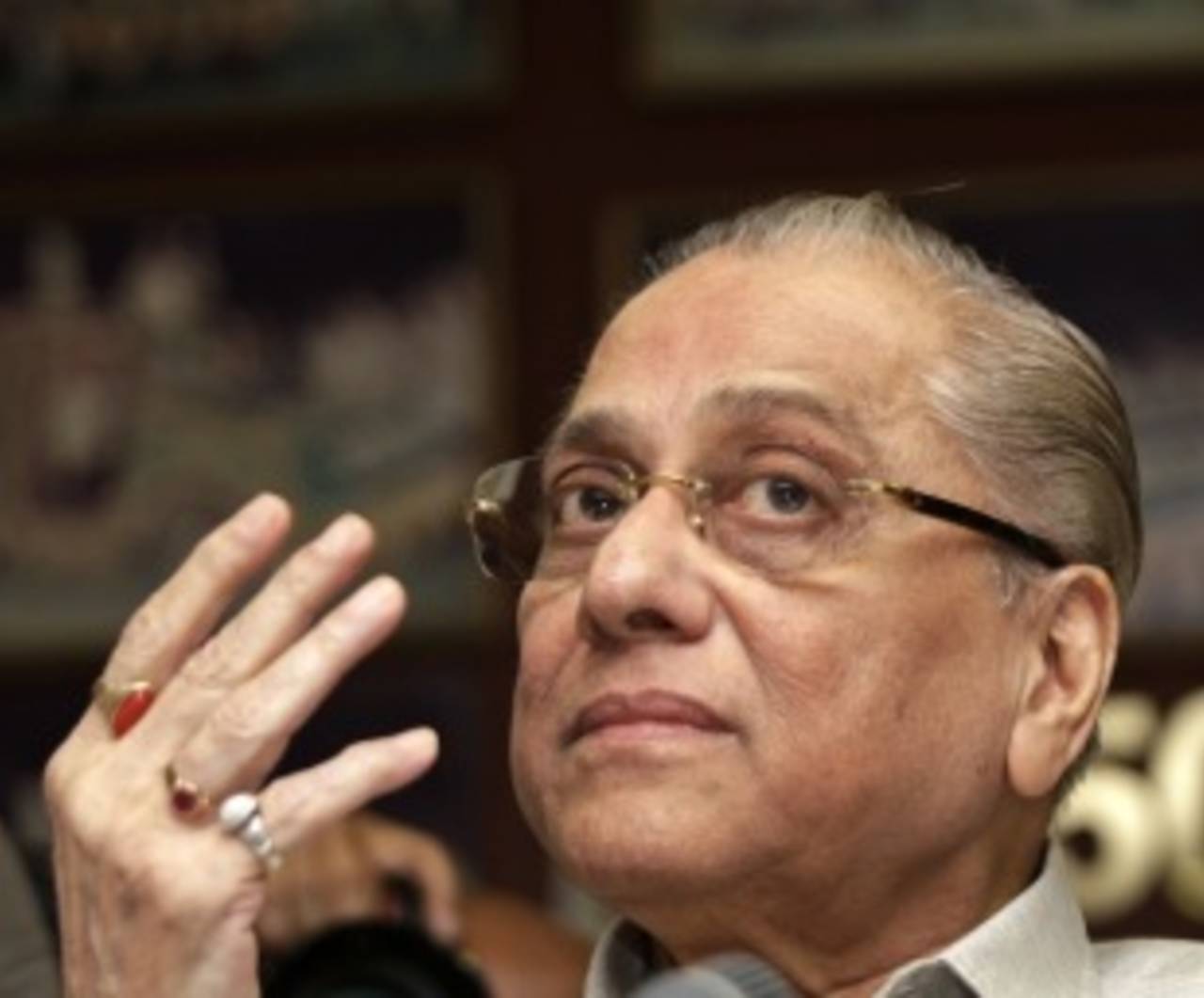India have been offered a compromise solution in an effort to persuade them to accept the Decision Review System so it can be universally adopted at international level.
The BCCI currently refuses to sanction use of the DRS in series involving India and, under the chairmanship of N Srinivasan at the ICC, has declined the recommendation of the ICC'S cricket committee to embrace the DRS in all formats of the game at international level.
Supporters of DRS are optimistic, however, that the BCCI's attitude to the issue has softened and believe that misgivings are now less about the technology and more about the number of reviews allowed in each innings.
At present, two unsuccessful reviews are allowed in each Test innings but private discussions have led some to believe that the BCCI favours unlimited reviews.
Unlimited reviews are likely to remain unacceptable to the ICC on the grounds that it risks slowing the pace of the game and encourages speculative use of the system.
But a compromise has been suggested whereby a side would not lose one of its two reviews if its appeal only failed on the basis of "umpire's call" - the margin of error built in to give the on-field umpires the benefit of the doubt in marginal decisions.
The BCCI declined to comment, but a spokesman did admit that they had been in discussions with the ICC over the issue "for a while."
It may also be relevant that Jagmohan Dalmiya is currently the acting president of the BCCI in the absence of Srinivasan, who temporarily stepped aside to ensure no perception of bias while the BCCI looked into allegations of spot fixing within the IPL.
The ICC has also sponsored testing of various ball-tracking methods in recent times, with the results generally vindicating faith in the system.
The timing of the news that universal introduction of DRS is back on the agenda is still surprising. The current Investec Ashes series between England and Australia has contained several umpiring controversies and highlighted deficiencies with the DRS system. Indications are that discussions began before the series and may be difficult to maintain.
But while the ICC have accepted there have been problems during the Ashes, they feel they have been caused more by failures in protocols or human error than problems with the technology.
As a result of the problems, the ICC will consider developing specialist TV umpires and are also using the current Ashes series to trial an updated system whereby the TV umpire will have access to more
images and technology than ever before rather than being reliant on the broadcaster to provide a limited number of images.
It is also possible that overseas umpires could be invited to officiate in county cricket. Up to four or five umpires may be accommodated for up to a season at a time in order for them to gain
experience and add to the number of officials eligible to stand in Ashes series.
At present the ICC's elite list of international umpires contains only four men who can stand in Tests between England and Australia due to the neutrality rules that prevent on-field or TV umpires officiating in games involving their home nation.
Billy Bowden, the New Zealand umpire removed from the elite list in June after some modest
performances, may be reinstated in a bid to ease the burden on the four officials involved in the back-to-back Ashes series, and there is an acceptance from the ICC that further reinforcements are required.
George Dobell is a senior correspondent at ESPNcricinfo
